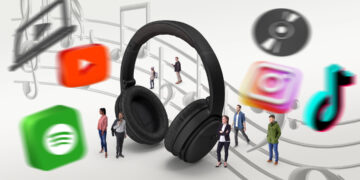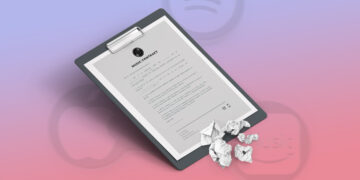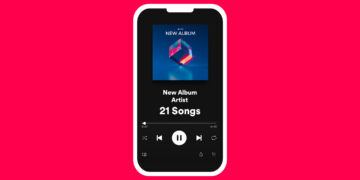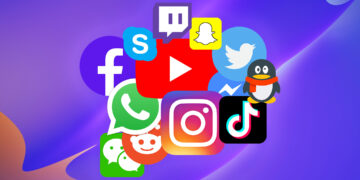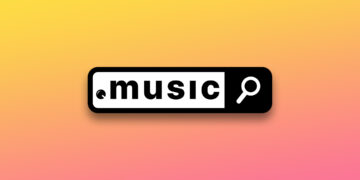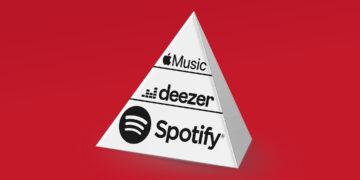How streaming is changing music
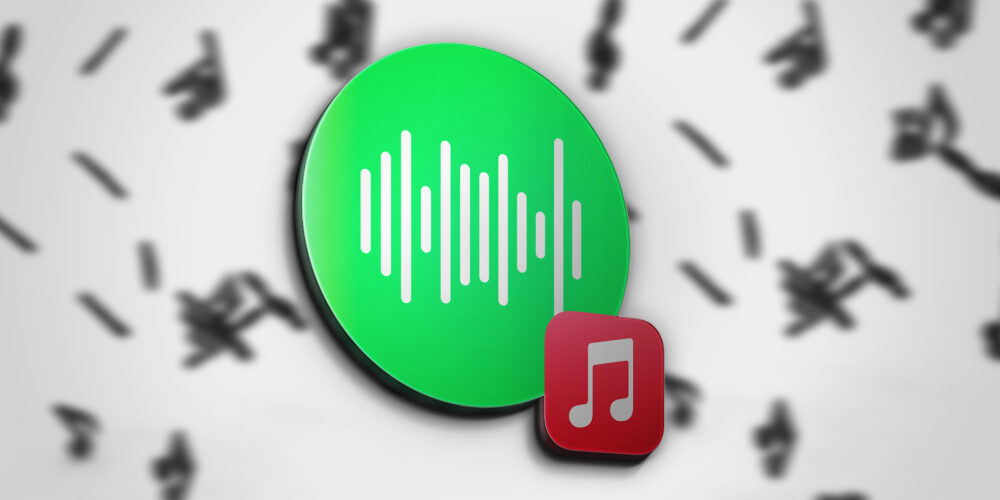
- What influence the mechanisms of streaming providers have on the music
- How this affects the actual sound
- How this impacts the way music is released
Streaming rules the music industry. This has its pros and cons. Of course, it’s awesome that Spotify, Apple Music, etc. provide a music flat rate and you don’t even have to bother with downloads anymore. But what’s on the flipside of this luxury? And, most importantly, what are the unwanted side effects? Today, we are shedding light on the invisible influence the mechanisms of the streaming services have on the actual sound and production of music.
Streaming heaven?
Streaming technology has massively changed the music scene. Services like Spotify and Apple Music have now become the backbone of the global music industry. The limitless accessibility of music is without question a blessing for consumers – but streaming also exerts an invisible influence on the way that music is made. Industry giants like Spotify, with more than 40% of market shares, are changing quite a few things when it comes to the sound and production of many songs.
One size fits all
“Nowadays, everything sounds the same” is a criticism that the modern music scene certainly has to live with. But that isn’t necessarily down to a lack of creativity on the part of the artists; they obviously want to get into the big playlists. The playlists, however, subscribe to a specific type of sound. A famous example would be Rap Caviar on Spotify – if artists want to be included in it, their songs must correspond with what is already working there. Thus, the playlists develop their own dynamic whereby a specific type of sound is presumed to promise the highest chances of success.
Sound for phone speakers
More and more people consume music via mobile devices. Since the rise of TikTok at the latest, however, artists seem to feel the need to make adjustments to their sound. While a few years ago, wall-shaking 808 kicks and a heart-rattling bass were the pinnacle of existence, what often prevails today is tame 808s that live off their bounce – and that come across perfectly through phone speakers. After all, how is a song supposed go viral if it only slaps through a HiFi system?
The death of intros
Streaming services pay per stream, not by playtime. The logical consequence is that songs are, therefore, becoming shorter and shorter. Generally, a stream counts after 30 seconds of playtime, so people’s attention needs to be kept for at least this amount of time. For this reason, a lot of current productions do almost entirely without an intro – they get right to the point. Shorter songs have one more advantage: Listeners can generate more streams and thus more profit in a shorter amount of time.
Algorithm pleasing
In the streaming era, it is crucial to have regular releases. That is not only due to the audience’s short attention span. Just like YouTube and other popular social media sites, streaming services are driven by algorithms that decide who gets what music in their release radar and other generated playlists. For the criteria of relevance of this artificial intelligence, it’s extremely important to have regular new releases and thus always stay on the radar.
The flood of singles
In order to have regular releases, you obviously can’t just whip out an album every few weeks. Through streaming, singles have gained more relevance than ever. While they used to be hardly more than a promo tool to advertise an upcoming album, it is now almost the other way around. That’s not just linked to algorithm pleasing but also to consumer behavior: For many, listening to an album from start to finish is unfortunately an outdated way of consuming music. No matter if they’re curated, algorithmic, or personal – playlists always want to be fed with new singles.
Friendship and features abound
Collaborations between artists have always been an important tool for cross promotion. In the streaming era, however, the effectiveness of this tool is exponentiated – because even without extensive plugging, the song will appear in the profiles of both artists. The profile of the other artist is only a click away. Rivalries, on the other hand, only result in the feuding fanbases skipping the respective rival in their playlists. This, by the way, sends a very bad signal to the algorithm.
